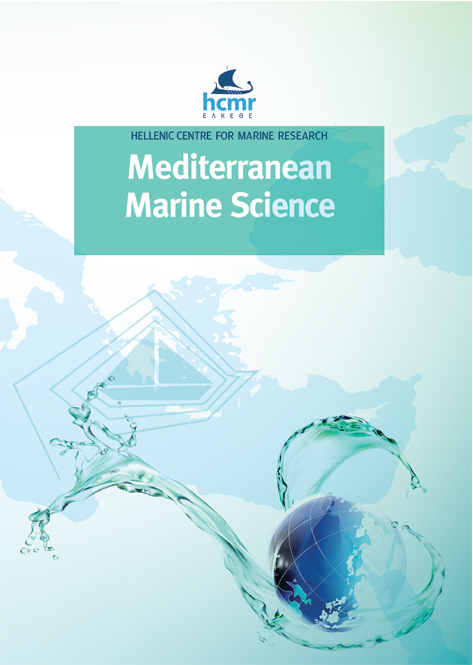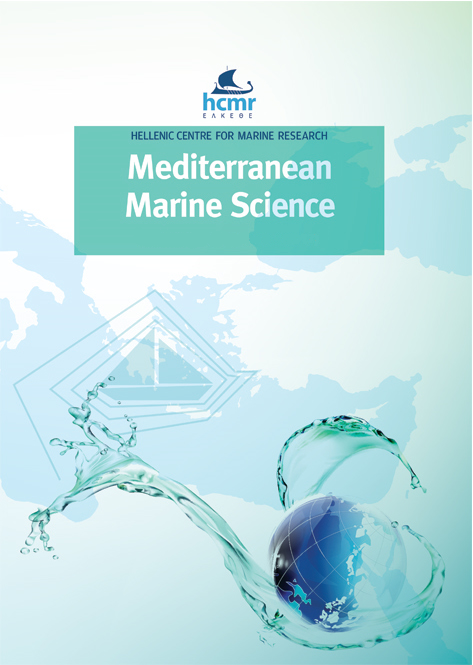High bycatch rate of the coral Cladocora caespitosa offsets the low discards ratio in Thermaikos Gulf gillnet fishery

Abstract
While hanging nets may have fewer overall environmental impacts than towed gears, they still catch unwanted species and sizes, which are then discarded. Gillnets are one of the most common types of nets used in Mediterranean small-scale fisheries, with commercial catches and discards containing a diverse range of fish and invertebrate species. In this study, the catch profile of gillnets in the Thermaikos Gulf (NE Mediterranean) was analyzed with a focus on the discarding of species with unfavorable conservation status, such as the Mediterranean-endemic scleractinian coral Cladocora caespitosa, which is listed as endangered due to declining population sizes. Our survey was conducted over two seasons (May to October in 2020 and 2021) and included 69 fishing trials under realistic fishing conditions. In general, gillnets exhibited a relatively low discards ratio (17.2%; 7.1% when only fish were considered) and a low prevalence and capture intensity of endangered or threatened species; during the entire survey, only one chondrichthyan was captured (1 specimen of Raja radula), while only two out of 54 fish species were of vulnerable IUCN status. These advantages were offset in part by the high catchability of C. caespitosa colonies, which occurred in 61% of hauls and accounted for 53% of total invertebrate biomass and 30% of total discarded biomass. The likelihood of hauling living colonies of C. caespitosa was higher when fishing over known coral beds (81% vs. 43%), and the overall probability of hauling C. caespitosa in any state was 18% higher over coral beds, suggesting that gillnets frequently detach colonies from the seafloor, which are then dispersed over a larger area as fragments with probably low survival potential. Our findings highlight the importance of identifying C. caespitosa beds so that fishermen avoid setting their nets in these areas, provided that they are well-informed and educated about the ecological significance of this endemic, threatened, and ecologically important species.
Article Details
- How to Cite
-
GANIAS, K., ZAFEIRIADOU, A., GARAGOUNI, M., & ANTONIADOU, C. (2023). High bycatch rate of the coral Cladocora caespitosa offsets the low discards ratio in Thermaikos Gulf gillnet fishery. Mediterranean Marine Science, 24(2), 203–210. https://doi.org/10.12681/mms.31197
- Section
- Short Communication
Authors who publish with this journal agree to the following terms:
- Authors retain copyright and grant the journal right of first publication with the work simultaneously licensed under a Creative Commons Attribution Non-Commercial License that allows others to share the work with an acknowledgement of the work's authorship and initial publication in this journal.
- Authors are able to enter into separate, additional contractual arrangements for the non-exclusive distribution of the journal's published version of the work (e.g. post it to an institutional repository or publish it in a book), with an acknowledgement of its initial publication in this journal.
- Authors are permitted and encouraged to post their work online (preferably in institutional repositories or on their website) prior to and during the submission process, as it can lead to productive exchanges, as well as earlier and greater citation of published work (See The Effect of Open Access).





